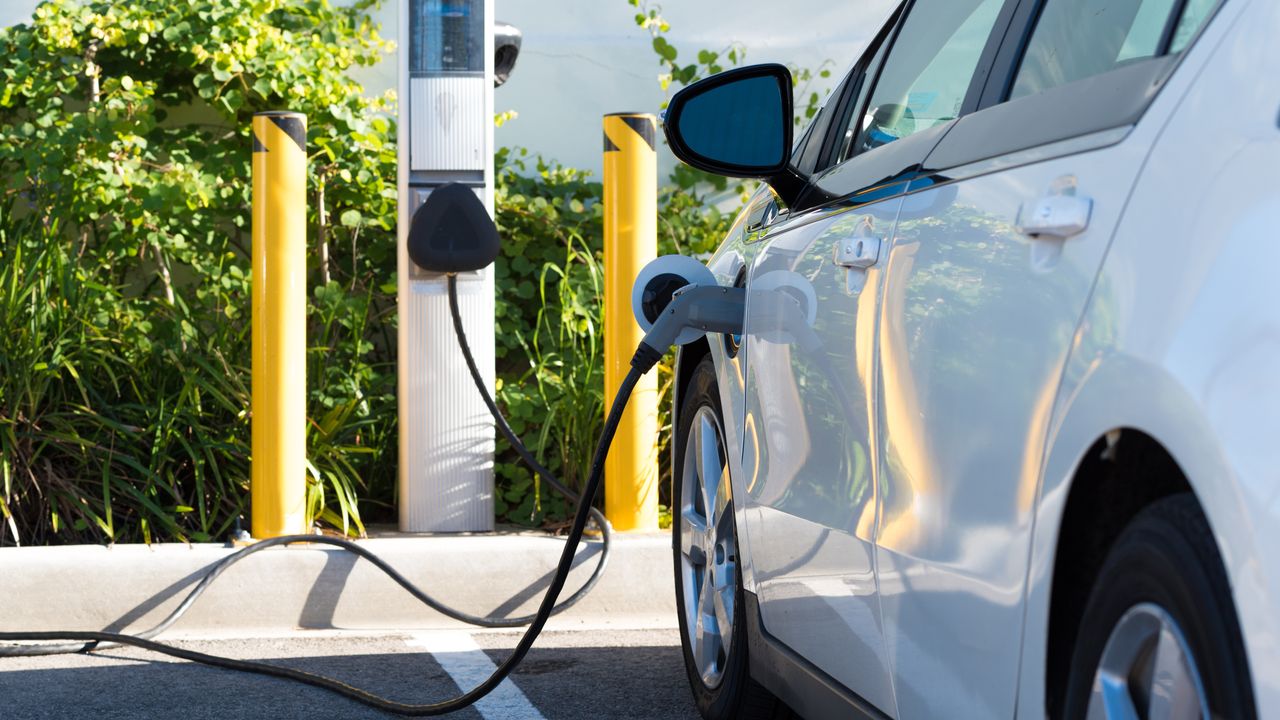EV Charging Session Monitoring: Tracking, Billing, and Real-Time Monitoring
Electric vehicles (EVs) have gained significant popularity in recent years, thanks to their eco-friendly nature and cost-saving benefits. As more people transition to EVs, the demand for efficient and reliable charging infrastructure has also increased. To meet this demand, EV charging stations have been installed in various locations, making it convenient for EV owners to charge their vehicles on the go.
However, managing and monitoring EV charging sessions can be a complex task. Charging session data collection, charging session billing, and charging session real-time monitoring are essential components for ensuring a seamless experience for both EV owners and charging station operators.
Charging Session Data Collection
Collecting data during EV charging sessions is crucial for understanding usage patterns, optimizing charging station performance, and planning future infrastructure development. By tracking data such as charging duration, energy consumed, and charging station availability, operators can gain valuable insights into user behavior and make informed decisions.
Modern EV charging stations are equipped with smart meters and communication protocols that enable real-time data collection. These meters record important charging session information, which can be used for various purposes, including load balancing, demand forecasting, and identifying faulty equipment.
Charging Session Billing
Accurate billing is an integral part of managing EV charging stations. EV owners need to be billed for the energy consumed during their charging sessions, while charging station operators need to ensure they are compensated fairly for the electricity provided.
Charging session billing involves tracking the energy consumed, applying the appropriate tariff rates, and generating invoices or receipts for EV owners. This process can be automated through software systems that integrate with the charging station infrastructure. By automating billing, operators can reduce human errors, streamline operations, and provide transparent and accurate billing information to EV owners.
Charging Session Real-Time Monitoring
Real-time monitoring of charging sessions is crucial for ensuring the smooth operation of EV charging stations. Operators need to be aware of the charging station status, including the availability of charging ports, charging speed, and any technical issues that may arise.
Real-time monitoring allows operators to detect and resolve issues promptly, minimizing downtime and maximizing customer satisfaction. It also enables operators to remotely manage and control charging stations, ensuring that EV owners have a seamless charging experience.
Through real-time monitoring, operators can also provide EV owners with up-to-date information about charging station availability and estimated charging times. This helps EV owners plan their charging sessions more efficiently, reducing waiting times and optimizing their overall charging experience.
In Conclusion
EV charging session monitoring plays a vital role in the efficient operation of charging infrastructure. By collecting charging session data, automating billing processes, and implementing real-time monitoring, operators can ensure a seamless and hassle-free experience for EV owners.
As the popularity of EVs continues to grow, it is essential for charging station operators to invest in robust monitoring systems. By doing so, they can meet the increasing demand for EV charging services and contribute to the widespread adoption of electric vehicles.
